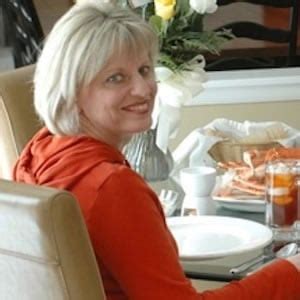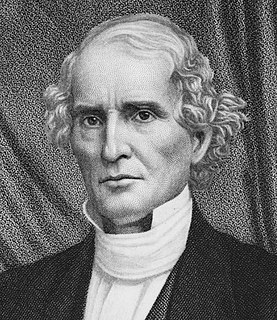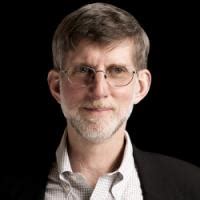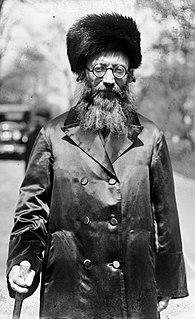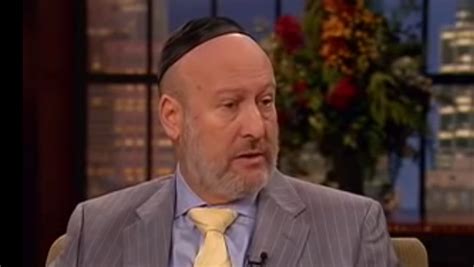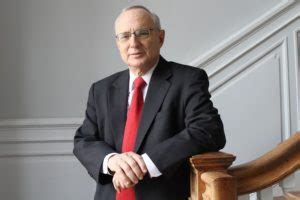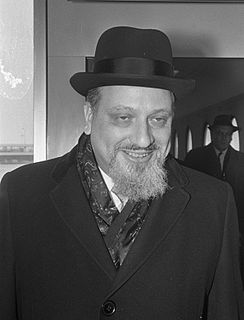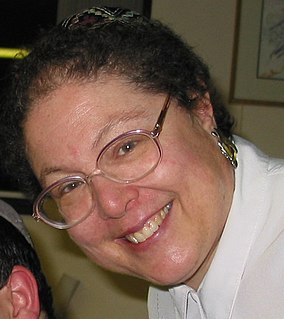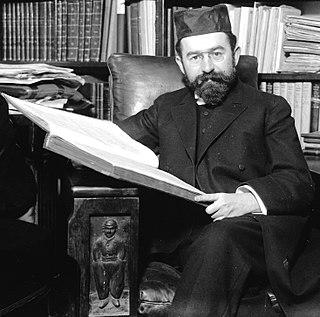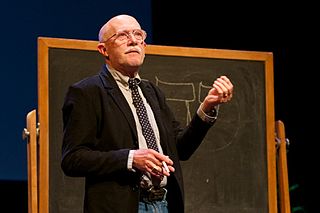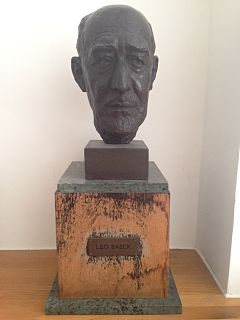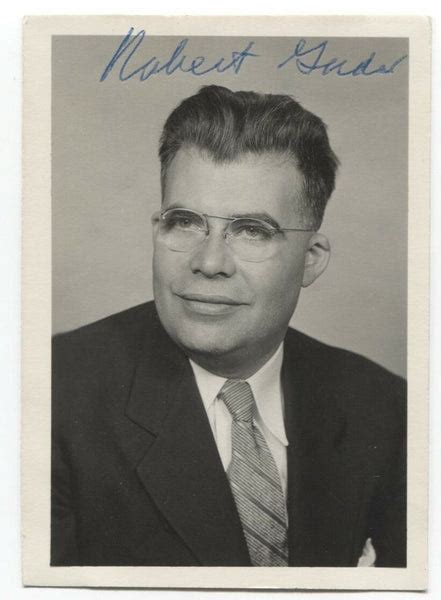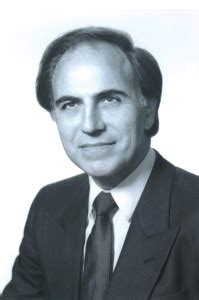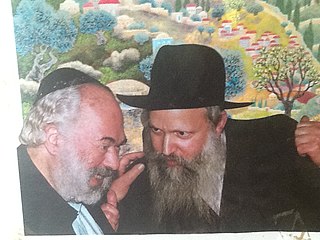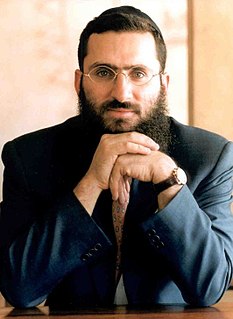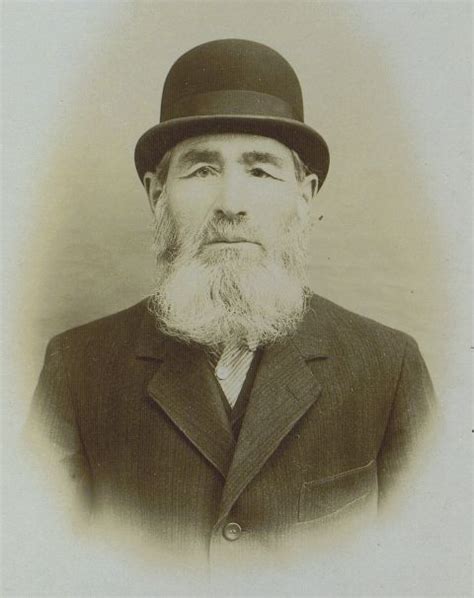A Quote by Baal Shem Tov
If the Bible didn't show us the weaknesses, the vulnerabilities, the sins of our heroes, we might have deep questions about their true virtue.
Related Quotes
There are two gods. The god our teachers teach us about, and the God who teaches us. The god about whom people usually talk, and the God who talks to us. The god we learn to fear, and the God who speaks to us of mercy. The god who is somewhere up on high, and the God who is here in our daily lives. The god who demands punishment, and the God who forgives us our trespasses. The god who threatens us with the torments of Hell, and the God who shows us the true path.
There are two gods. A god who casts us off because of our sins, and a God who calls to us with His love.
The world may not applaud us for wiping running noses, driving in carpools, or talking with our teenager into the wee hours of the morning. And until they are trained, our children might not thank us either. But as we set aside our own selfish desires and glorify God by joyfully serving our children, we are pursuing true greatness according to the Bible. Let us do so with tenderness, affection, and with a smile!
To be true to ourselves, however, is not an easy task. We must break free of the seductions of society and live life on our own terms, under our own values and aligned with our original dreams. We must tap our hidden selves; explore the deep-seated, unseen hopes, desires, strengths and weaknesses that make us who we are. We must understand where we have been and where we are going.
Well, that's exactly the wrong attitude. That is not the attitude they had in World War II. You're attitude is that freedom means you can do whatever you want whenever you want it. And that sacrifice is somehow un-American. [...] But the idea that we should also be defensive about our flaws and our weaknesses and our vulnerabilities is ridiculous.
When the United States cannibalize dollars from the defensive business of the NSA, securing our communications, protecting our systems, patching zero-day vulnerabilities, and instead we're giving those dollars to be used for creating new vulnerabilities in our systems so that they can surveil us and other people abroad who use the same systems.
Biblical social scientists have an advantage because they know truths about human nature. Those who dismiss the Bible and create surveys that don't measure crucial factors are the ones who have closed minds. Sometimes the Bible gives us clear answers and sometimes it doesn't, but it always helps us to ask the right questions.
Others of us are lost. We're forever seeking. We torture ourselves with philosophies and ache to see the world. We question everything, even our own existence. We ask a lifetime of questions and are never satisfied with the answers because we don't recognize anyone as an authority to give them. We see life and the world as an enormous puzzle that we might never understand, that our questions might go unanswered until the day we die, almost never occurs to us. And when it does, it fills us with dread.
It's always interesting to me when one platform of media crosses into another. We've been on the Terry Gross show Fresh Air a couple of times, and I suddenly felt like we could actually represent ourselves as exactly who we are, in this sort of ultra-vivid way. But the weird thing to me is that the questions she asks are in some ways no different than the questions the guy from the high-school paper asks. She might even ask us where we got our name. But something about it, it's like the pH balance of the trajectory of the questions. Maybe it's just her voice.





